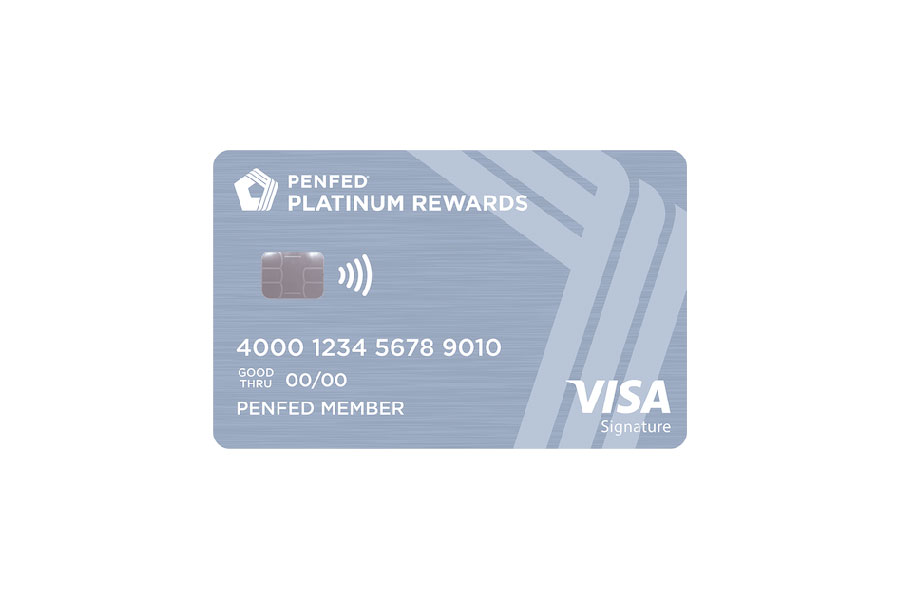Credit scores play a pivotal role in our lives, influencing everything from loan approvals to mortgage rates. One of the most significant factors that can harm your credit score is a late payment.
In this article, we’ll explore the consequences of late payments on credit reports, how they affect credit scores, and provide strategies to avoid late payments in the future.

What is considered a late payment?
A late payment is generally defined as failing to pay the minimum amount due on a bill or loan by the specified due date. This can apply to credit card payments, loan payments, and mortgage payments, among others.
Lenders and credit card issuers often provide a grace period after the due date, during which you can still make your payment without incurring a late fee. However, if your payment is not received within this grace period, it may be reported to the credit bureaus as a late payment, which can negatively affect your credit score.
How do late payments affect my credit scores?
Your payment history has the most significant influence on your credit scores, accounting for 35% of your FICO score and a substantial portion of your VantageScore. A single late payment can have a considerable impact on your credit score, especially if you previously had a high credit score.
FICO score components and late payments
FICO scores range from 300 to 850 and are calculated using the following factors:
- Payment history (35%)
- Amounts owed (30%)
- Length of credit history (15%)
- Credit mix (10%)
- New credit (10%)
Late payments can lead to a drop in your credit score, with the severity depending on the number of days past due and the overall credit profile.
VantageScore components and late payments
VantageScore also considers payment history as a crucial factor, along with other components such as credit utilization and the age of credit. Late payments can negatively affect your VantageScore, similar to their impact on your FICO score.
How long does a late payment affect credit?
Late payments can stay on your credit report for up to seven years, depending on the severity of the missed payment:
- 30-day late payments: These are reported to credit bureaus once the payment is 30 days past due.
- 60-day late payments: These occur when the payment is 60 days past due.
- 90-day late payments: Payments that are 90 days past due have the most severe impact on your credit score.
The Fair Credit Reporting Act (FCRA) governs the reporting of late payments, and according to its regulations, late payments remain on credit reports for seven years from the date of the missed payment.
Can I get late payments removed from my credit report?
There are a few methods to potentially remove late payments from your credit report:
Disputing Late Payments
- Filing a dispute with credit bureaus: If you find an error or discrepancy in your credit report regarding late payments, you can file a dispute with the major credit bureaus. They are required by law to investigate and correct any errors within 30 days.
- Valid reasons for disputing late payments: Legitimate reasons for disputing late payments include incorrect reporting of the payment status, an incorrect due date, or a payment incorrectly marked as late.
Goodwill Adjustments
- Requesting goodwill adjustments from creditors: If you have a history of making on-time payments and only have a single late payment, you can request a goodwill adjustment from your creditor. This involves contacting your credit card company or lender and requesting them to remove the late payment from your credit report as a gesture of goodwill.
- When goodwill adjustments are likely to be successful: Creditors are more likely to consider a goodwill adjustment if you have been a long-standing customer with a mostly positive payment history, and the late payment was an isolated incident.
Pay for Delete Agreements
- What is a pay for delete agreement?: A pay for delete agreement is a negotiation between you and a collection agency, where you agree to pay the debt in exchange for the agency removing the late payment from your credit report. However, this method is not always guaranteed to work, as it may not be in line with the credit bureaus’ policies.
- Pros and cons of pay for delete agreements: While pay for delete agreements can potentially improve your credit score, they might not be legally enforceable and could be against the credit bureaus’ policies.
How else can I improve my credit?
Recovering from late payments takes time and effort. Here are several strategies to help you improve your credit:
Pay all your bills on time
Establish a pattern of timely payments to show credit bureaus that you are now managing your finances responsibly. Consistently making on-time payments will gradually increase your credit score over time. To help ensure you make all payments on time:
- Organize your payment schedule: Create a calendar or list of all your bill due dates to keep track of upcoming payments.
- Set up payment reminders: Use calendar alerts, smartphone notifications, or email reminders to notify you when a payment is due.
Reduce credit card balances
High credit card balances can negatively affect your credit score, as they increase your credit utilization ratio. Aim to keep your credit utilization below 30% to improve your credit score. To achieve this:
- Pay off high-interest debt first: Focus on paying down the balances on high-interest credit cards to reduce the overall amount you owe.
- Avoid accumulating new debt: Resist the temptation to make new purchases on your credit cards while you’re working to pay down your balances.
Diversify types of credit
Having a mix of credit, such as credit cards, loans, and mortgages, can demonstrate your ability to manage different types of credit responsibly. This positively impacts your credit score as it shows lenders that you can handle various financial obligations. To diversify your credit:
- Apply for different types of credit: If you only have credit cards, consider applying for a small personal loan or an auto loan, provided you can responsibly manage the additional debt.
- Be cautious with new credit applications: While diversifying your credit is helpful, avoid applying for too many new credit accounts in a short period, as this can hurt your credit score.
Become an authorized user
If a family member or close friend has a strong credit history and is willing to add you as an authorized user on their credit card account, this can positively impact your credit score. As an authorized user, you’ll benefit from their positive payment history and credit utilization, helping to improve your own credit profile.
Limit hard inquiries on your credit report
Hard inquiries occur when lenders check your credit as part of a loan or credit card application process. These inquiries can negatively affect your credit score, especially if you have multiple inquiries in a short period. Limit the number of applications you submit for new credit and space them out over time to minimize the impact of hard inquiries on your credit score.
Keep old credit accounts open
The length of your credit history contributes to your credit score, so keeping your oldest credit accounts open and in good standing can have a positive effect on your credit. Even if you don’t use a particular credit card frequently, maintaining the account with a zero or low balance can help improve your credit score over time.
By implementing these strategies and consistently managing your finances responsibly, you can work towards improving your credit score and overall financial health.
How to Avoid Late Payments
Set up automatic payments
Enroll in automatic payments with your credit card issuers, lenders, and other creditors. This will ensure that your bills are paid on time each month, helping you avoid late fees and potential damage to your credit score.
Use reminders and calendar alerts
Set up payment reminders or calendar alerts to notify you when a payment is due. This will help you stay on top of your payment schedule and avoid missing due dates.
Budget and Plan Ahead
Create a budget to manage your finances effectively. Plan for upcoming expenses and allocate funds for each bill to ensure that you can make your monthly payments on time.
Communicate with creditors
If you’re struggling to make a payment, contact your credit card company or lender before the due date. They might be willing to work with you on a payment plan or provide a temporary hardship program to help you avoid late payments.
Conclusion
Late payments can have a long-lasting impact on your credit report, staying on your record for up to seven years. However, by adopting good financial habits, such as making on-time payments, monitoring your credit reports, and setting up payment reminders, you can minimize the damage caused by late payments and make steady financial progress.



